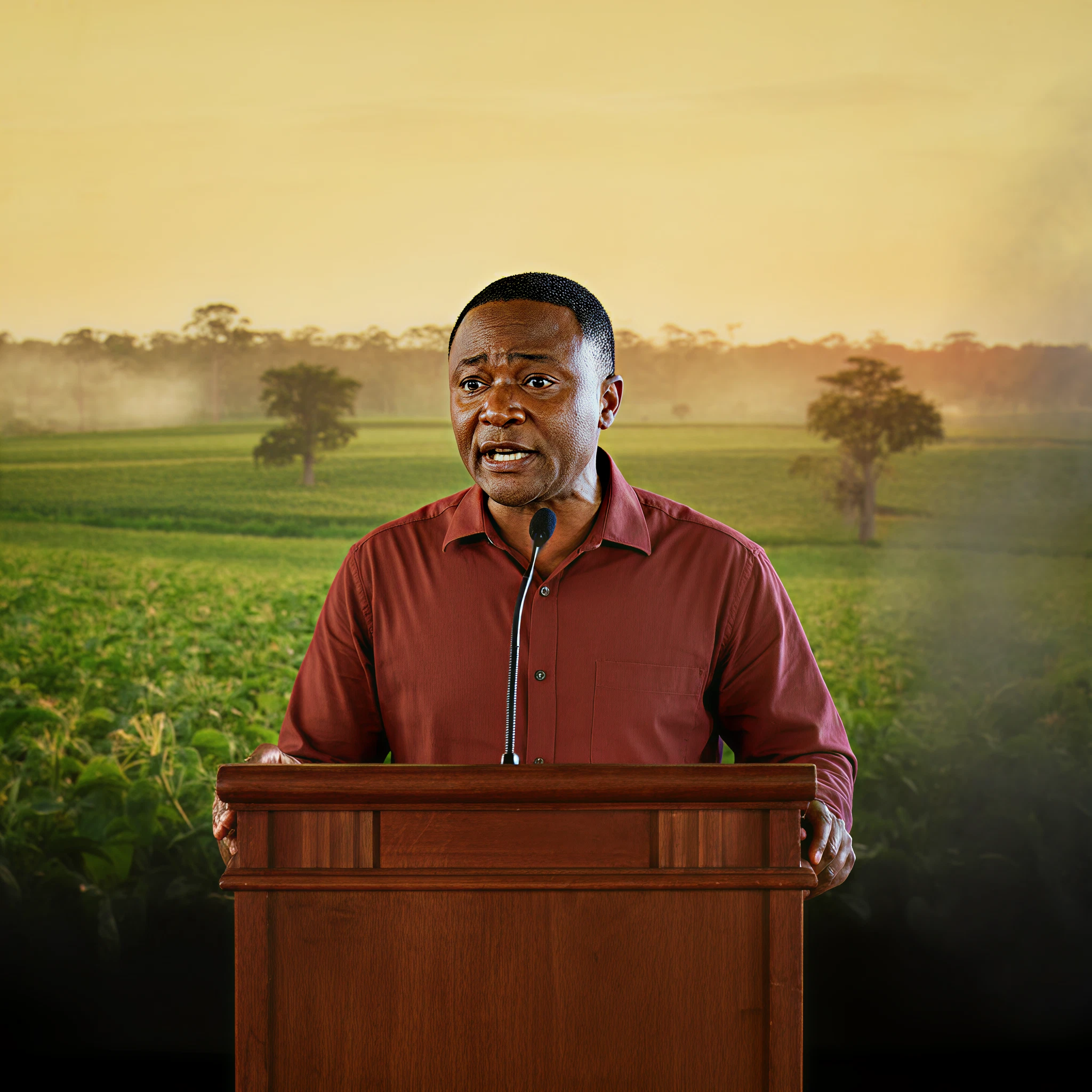Pesticides are an unavoidable part of modern agricultural practices. However, Robert F. Kennedy, Jr., an environmental advocate and public health activist, is raising urgent concerns about their impact on human health, wildlife, and the environment.
For health-conscious individuals, environmental advocates, and concerned parents, understanding the potential consequences of pesticide exposure is critical—not only for the health of our families, but also for the sustainability of our planet.
Why Is RFK Jr. Concerned?
Robert F. Kennedy, Jr. has long spoken out against the widespread use of pesticides, particularly glyphosate, a chemical commonly found in agricultural herbicides. He points to scientific research linking certain pesticides to public health issues, such as developmental disorders, cancer risks, and disruptions to hormone systems.
RFK Jr. states, “Pesticides weren’t just designed to kill pests. They target biological systems that humans, insects, and wildlife all share.” This claim reinforces growing concerns about the ripple effects pesticide usage has, not only on those applying them but on the broader food chain.
The Health Risks Linked to Pesticides
Health professionals and studies have identified several serious risks associated with pesticides:
- Children’s Health: Studies suggest that exposure to pesticides, even in small doses, during early developmental stages could lead to learning disabilities, behavioral challenges, and lower IQs.
- Cancer Connections: Some popular pesticides, like glyphosate, have been labeled as “probably carcinogenic to humans” by the International Agency for Research on Cancer.
- Hormonal Disruption: Many pesticides act as endocrine disruptors, altering hormone functions and potentially contributing to issues like infertility and developmental challenges.
For concerned parents, these findings represent an urgent call to minimize exposure to potentially toxic chemicals in and around the home.
Impacts on Our Ecosystem
Pesticide concerns extend far beyond human health. Wildlife, from pollinators like bees to small mammals and birds, are also severely impacted. RFK Jr. has emphasized how pesticide residues are contaminating waterways and harming aquatic life. He believes that a shift in modern agriculture, moving toward more sustainable and organic solutions, is essential to mitigate these effects.
What You Can Do
For those affected by these rising concerns, RFK Jr. encourages individuals to demand solutions that protect both people and the planet. Here’s how you can take action:
- Choose Organic: Support foods grown without synthetic pesticides to reduce exposure and encourage safer farming practices.
- Advocate for Change: Push for improved regulations and accountability in pesticide usage.
- Support Local Growers: Invest in local farm communities practicing sustainable, eco-friendly farming.
- Stay Educated: Follow trusted sources, like RFK Jr., to stay informed about the latest science and advocacy opportunities.
A Shared Responsibility
Through his outspoken advocacy, Robert F. Kennedy, Jr. continues to highlight the urgency of addressing pesticide-related problems. Whether it’s the food on our plates or the water we drink, the choices we make today will shape tomorrow’s world for our families and future generations.
It’s time to take action—for our health, for our planet, and for a more sustainable future.
Call to Action:
Are you ready to play your part? Start by reading about banned pesticides, alternative eco-agricultural methods, and joining a community of like-minded advocates for change. Together, we can transform pesticide harms into solutions that benefit everyone.








